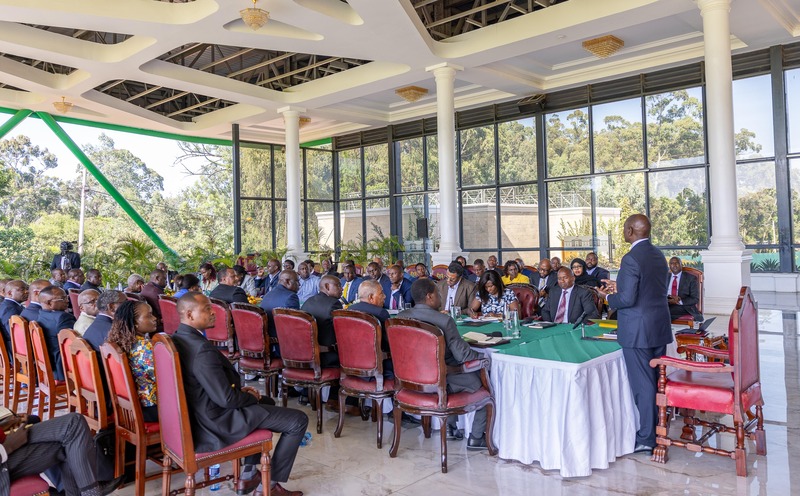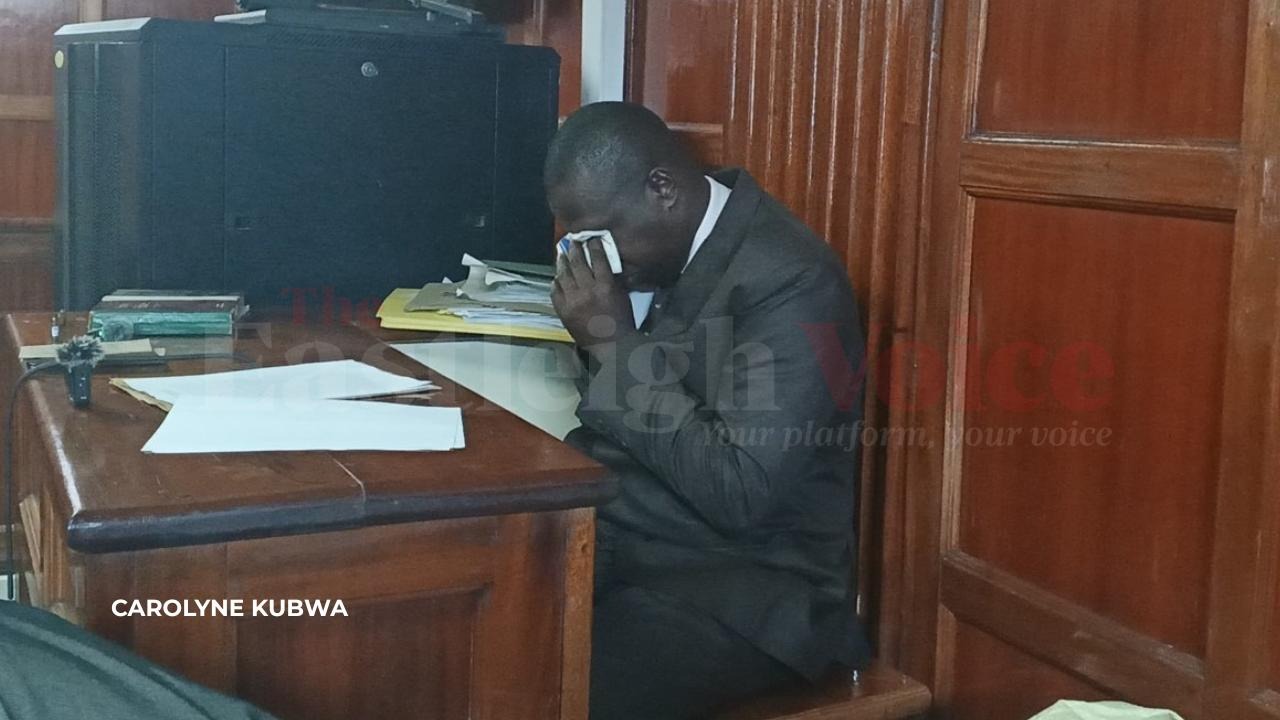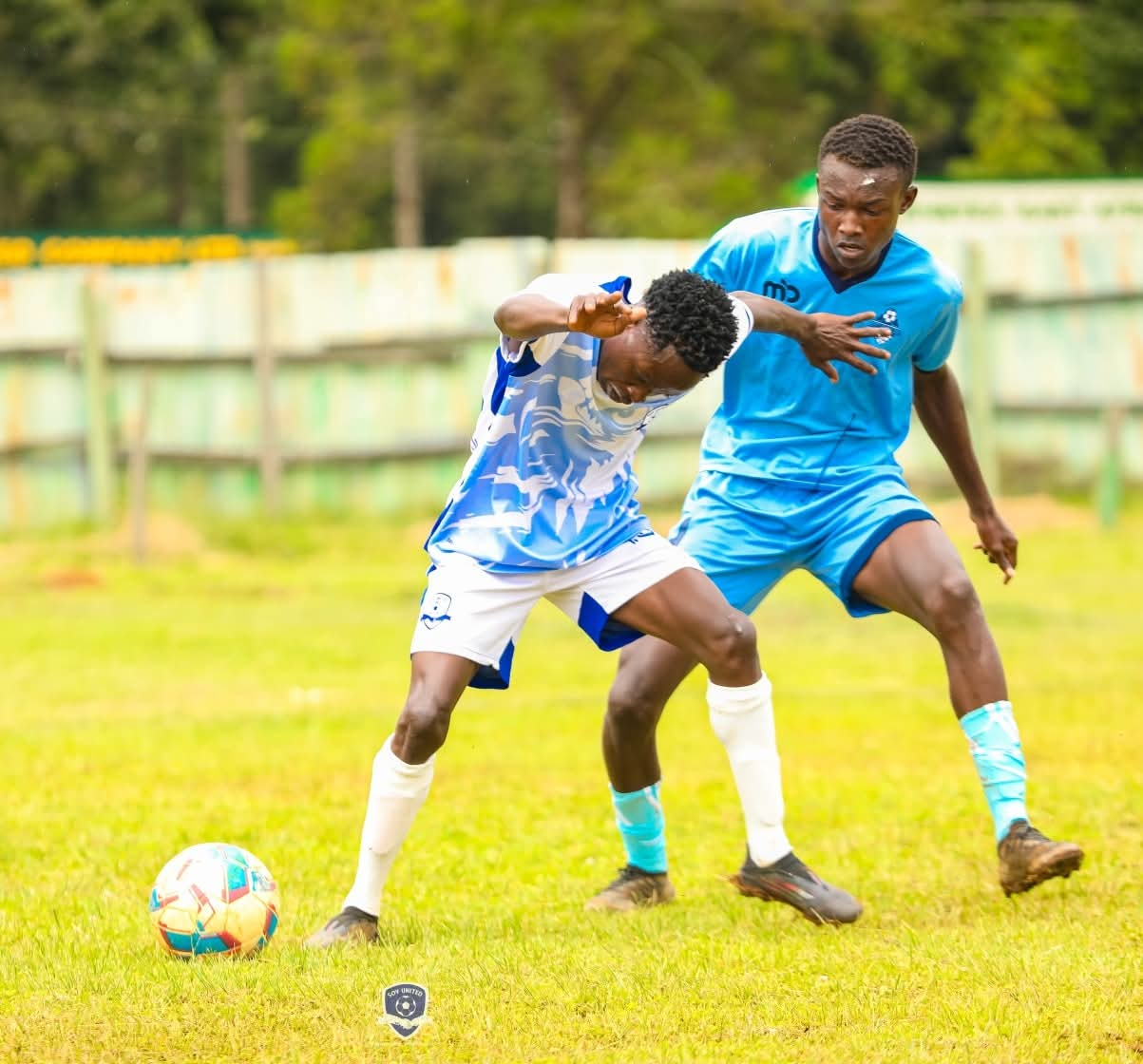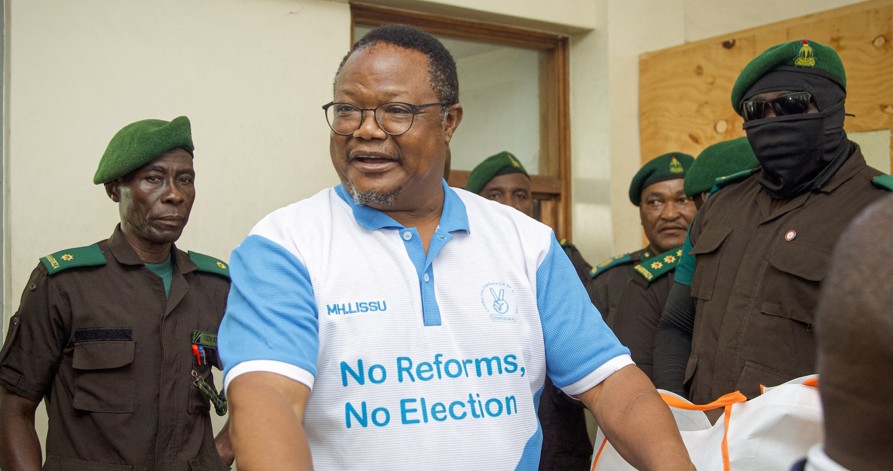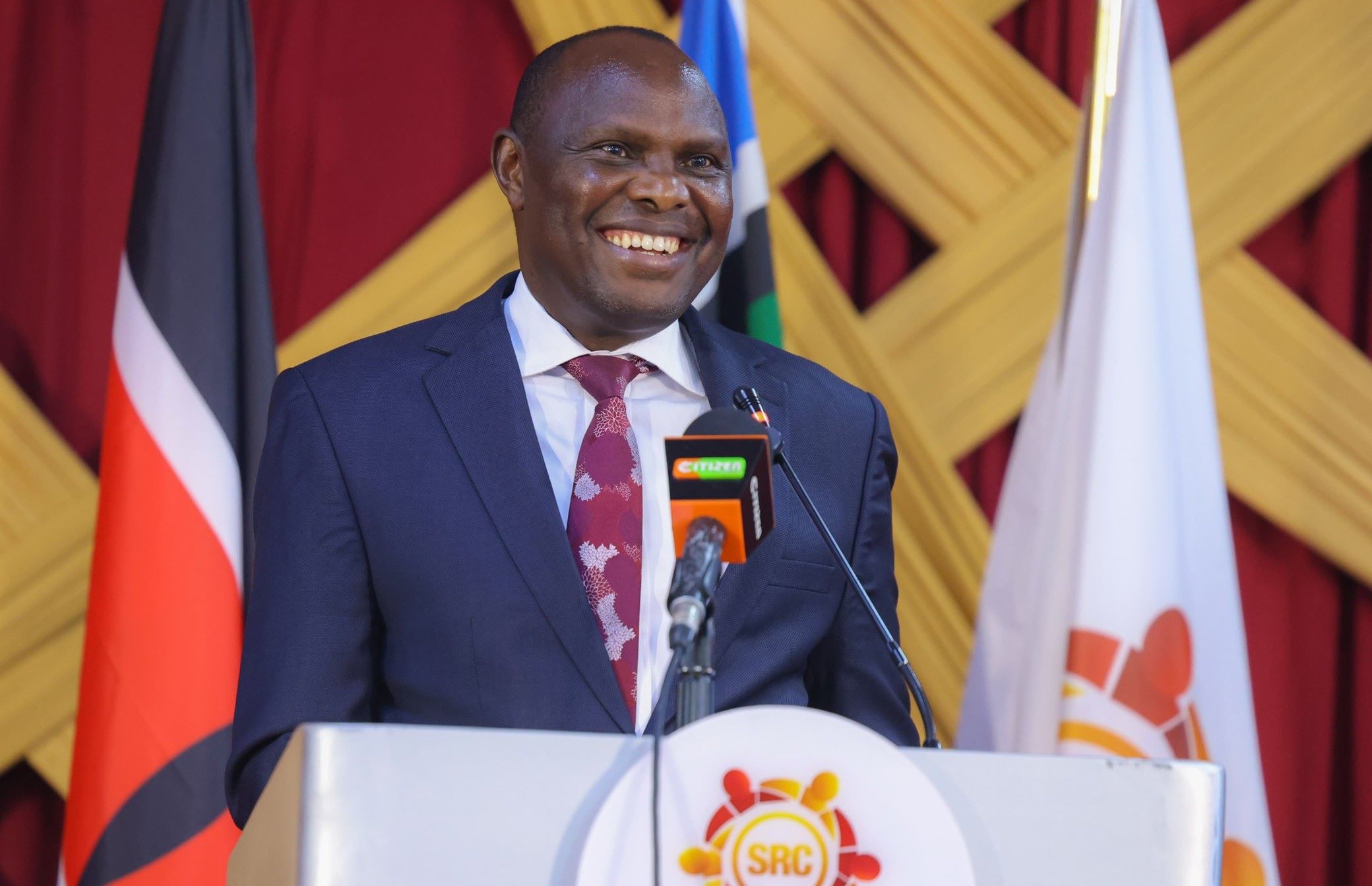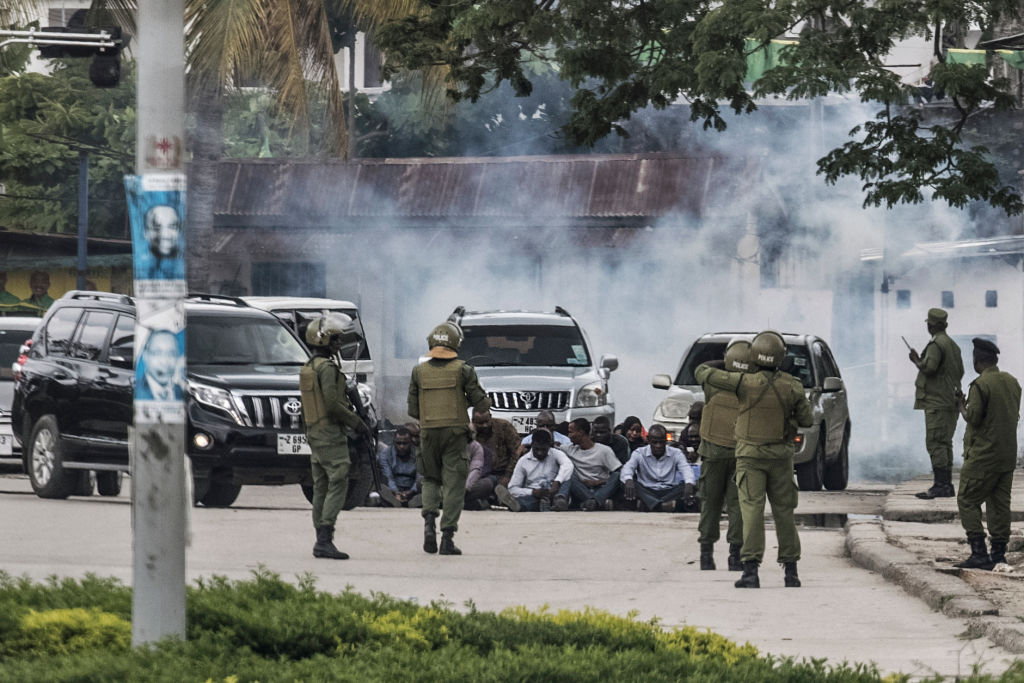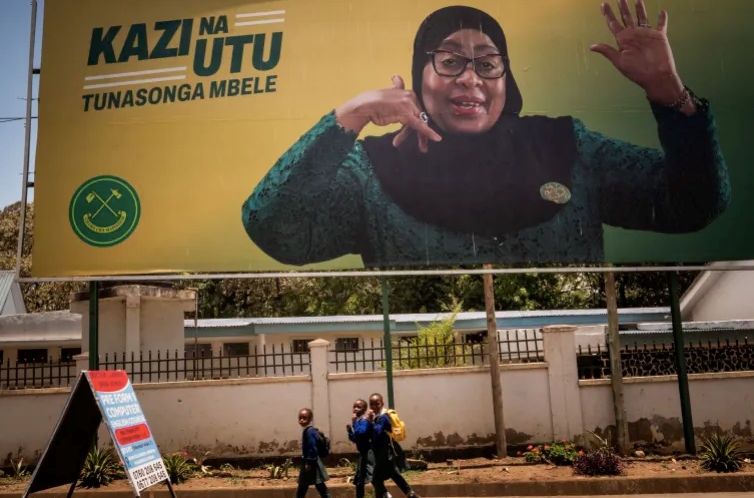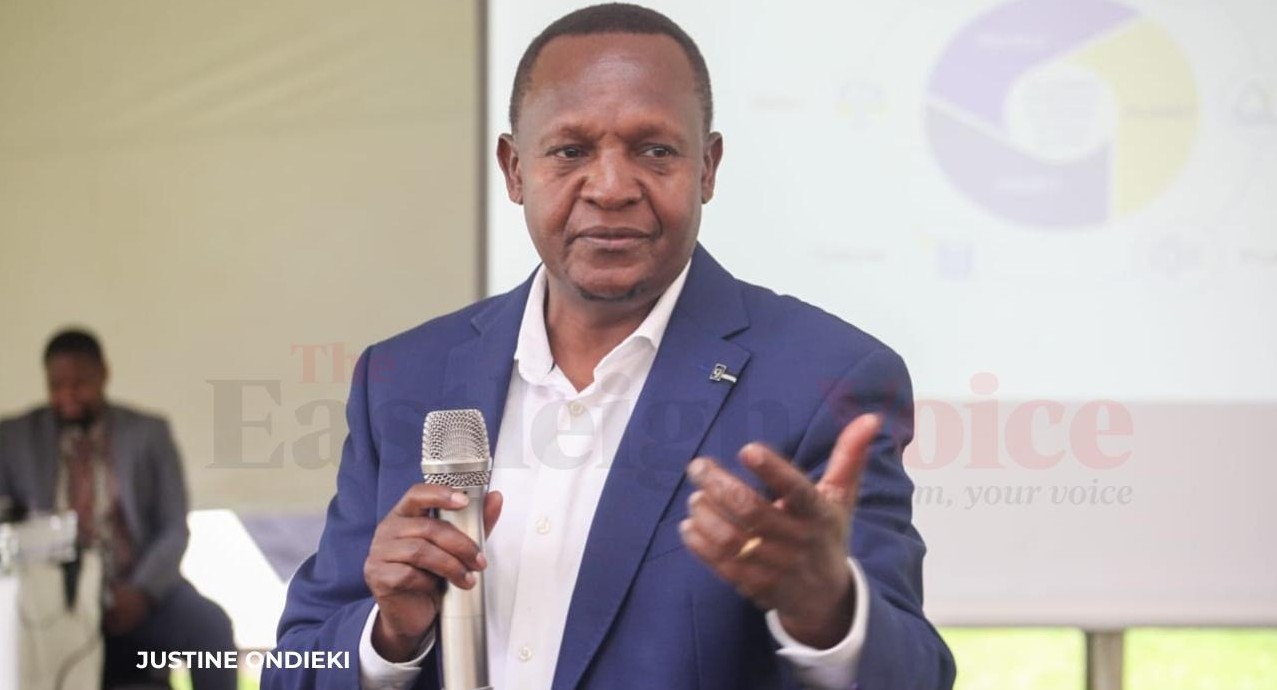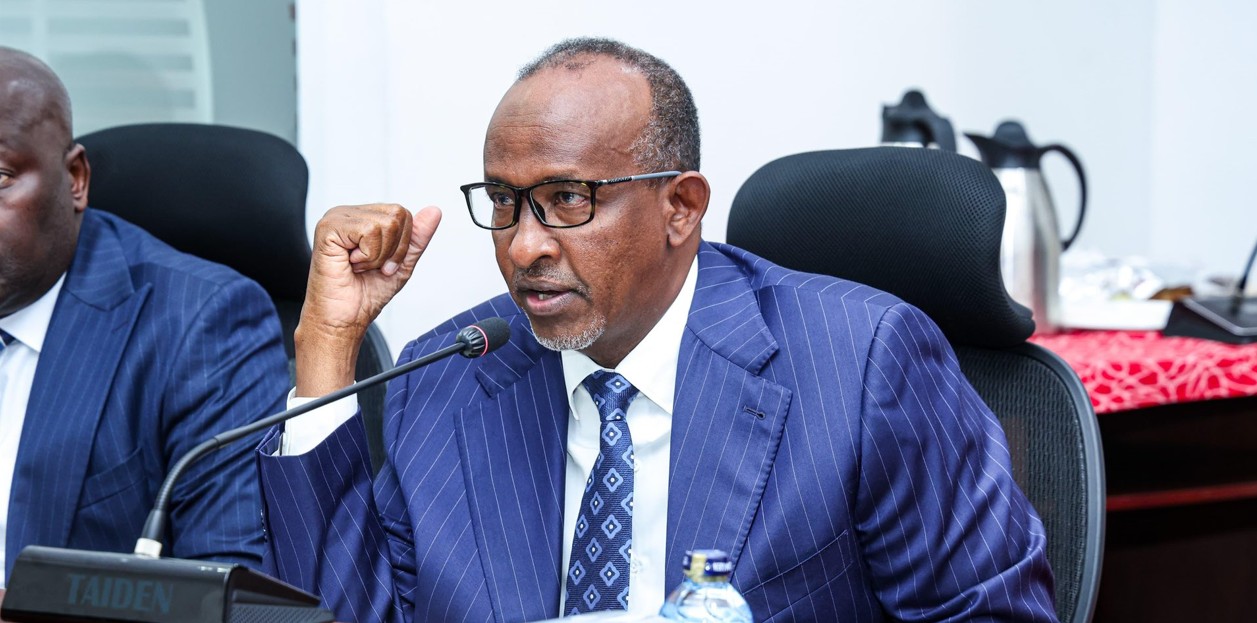Kakuma residents decry neglect, demand fair access to resources amid refugee crisis

The Local communities have expressed their frustration over being deprived of basic needs which they say are primarily allocated for the refugees.
Residents of Kakuma have decried deplorable conditions as they feel increasingly neglected while hosting a large population of refugees.
The Local communities have expressed their frustration over being deprived of basic needs which they say are primarily allocated for the refugees.
More To Read
- Kenya defends stricter asylum screening for Ethiopian, Eritrean applicants
- Refugee youth rewrite their future through film in Dadaab
- From camps to commerce: Refugee entrepreneurs shine at Kakuma trade fair
- WFP warns of rising hunger among refugees in Ethiopia
- UNHCR Chief Filippo Grandi warns world against growing numb to atrocities
- WFP warns of critical food ration cuts affecting refugees in Tanzania
A recent visit by the National Assembly's Regional Development Committee, chaired by Peter Lochakapong, heard the grievances of local communities, who reported limited access to essential services like clean water, healthcare, and education, which they claim are primarily focused on refugees.
The committee conducted a fact-finding mission to both Kakuma and the Kalobeyei refugee camps to assess the situation.
"As a Committee, we oversee refugee affairs and visited Kakuma Refugee Camp to address the issues raised by residents and how refugees are integrated within the community," Lochakapong said during the visit.
Throughout the two-day mission, it became evident that aid initiatives are predominantly directed toward refugees, leaving the host communities feeling marginalised.
The committee met with United Nations High Commissioner for Refugees (UNHCR) officials, toured the Department of Refugee Services, and visited crucial facilities, including food distribution centres and reception areas, while also reviewing the refugee vetting and registration process.
"There are many issues raised by the residents here. There seems to be discrimination in issuing scholarships between refugees and the host community, which UNHCR needs to address," Lochakapong stated.
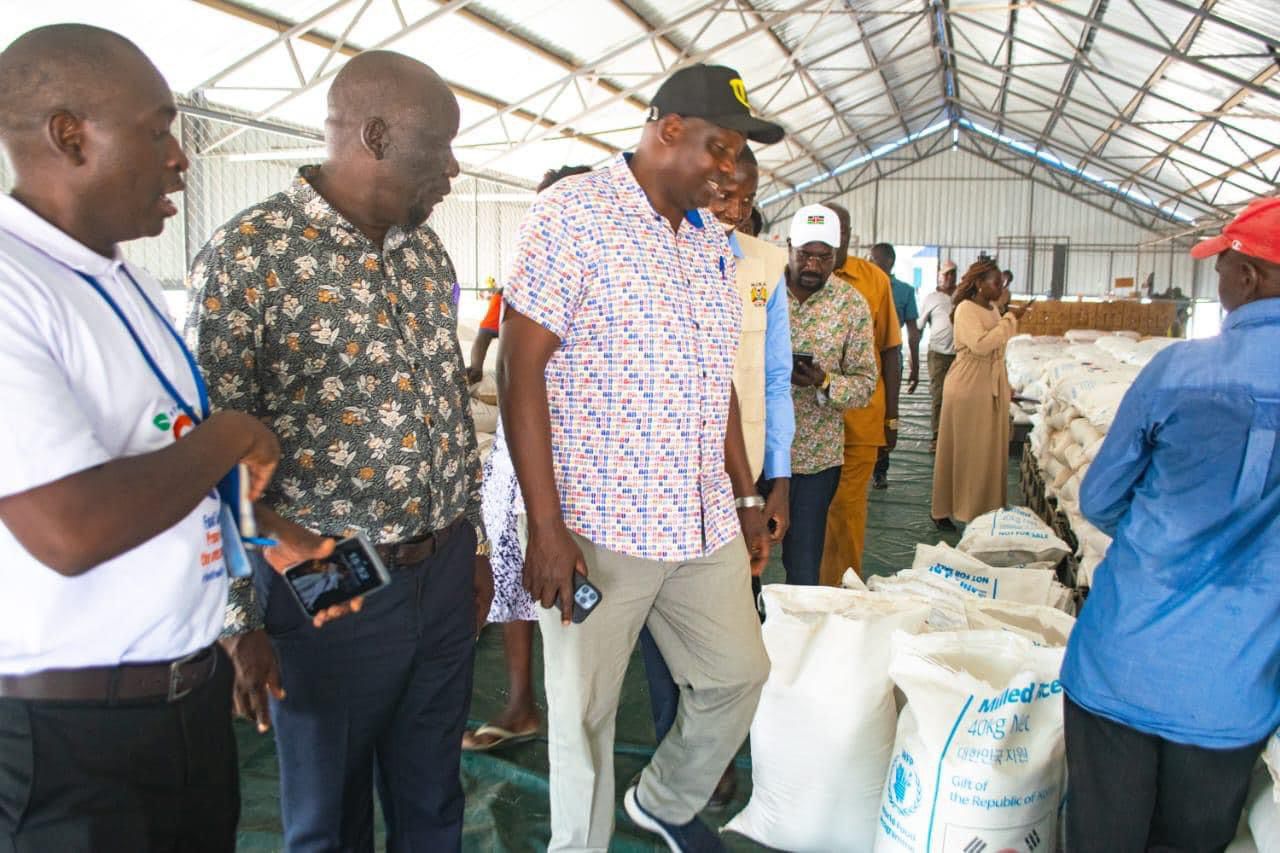 National Assembly's Regional Development Committee, chaired by Peter Lochakapong, toured the relief distribution centre. (Issa Hussein)
National Assembly's Regional Development Committee, chaired by Peter Lochakapong, toured the relief distribution centre. (Issa Hussein)
He also noted that the host community feels sidelined when it comes to employment opportunities, urging the Department of Refugee Services to consider absorbing individuals who have been on short-term contracts for 10 to 15 years.
The tour culminated in a community forum at the Turkana West National Government Constituencies Development Fund (NG-CDF) Office, where residents could express their concerns.
Lochakapong specifically pointed out environmental issues, mentioning that while 28 boreholes have been drilled for the refugee population, only one serves the host community.
Frustration was echoed by MPs Peter Nabulindo and Salah Yakub, who criticised the government's apparent favouritism toward refugees.
They argued that while refugees benefit from monthly food aid and cash transfers through the UNHCR's Bamba Chakula program, many locals continue to face poverty and food insecurity.
MP Salah described the situation as tragic, stating that members of the host community are often relegated to low-paying, labour-intensive jobs within the refugee camps, feeling like "beggars in their land."
He called for the government to develop alternative livelihood programs for vulnerable members of the Turkana community to alleviate their economic hardships.
The committee also examined the Ushirika Plan, an initiative aimed at fostering cooperation between refugees and locals.
However, community members rejected the plan, citing insufficient public engagement in its development.
Top Stories Today

